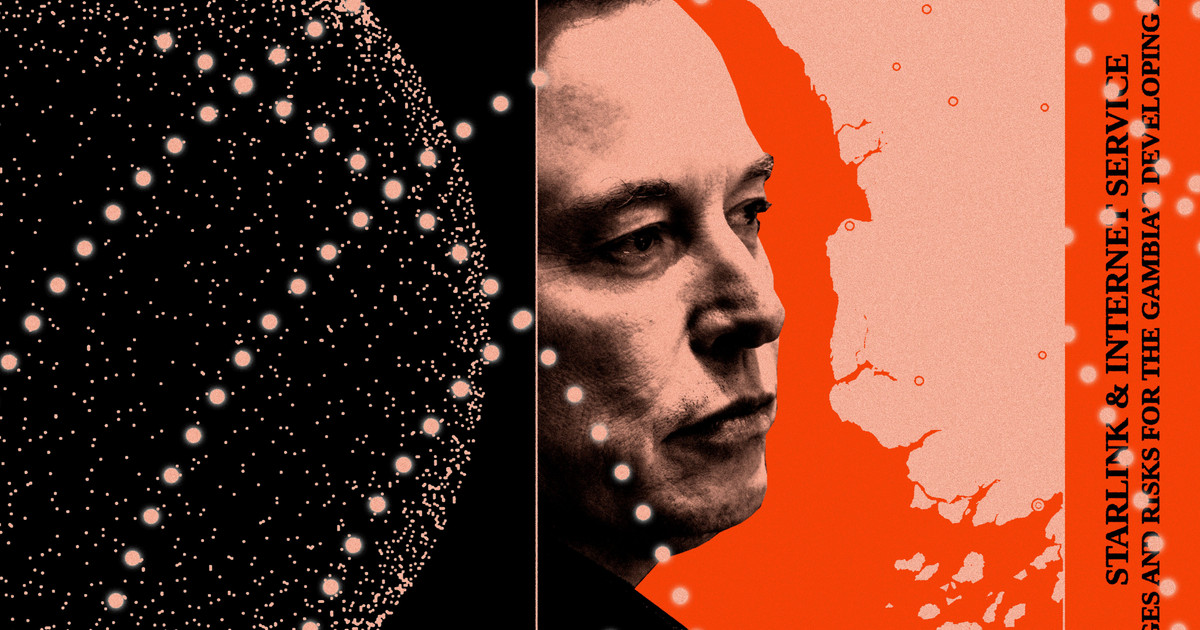The Trump Administration Leaned on African Countries. The Goal: Get Business for Elon Musk.
3 minute readPublished: Thursday, May 15, 2025 at 9:30 am

US Diplomats Push Starlink in Gambia, Raising Concerns of Cronyism
Banjul, Gambia - A recent investigation by ProPublica reveals the extent to which the Trump administration, and even the Biden administration to a lesser extent, leveraged US diplomatic power to advance Elon Musk's Starlink satellite internet company in Gambia and other developing nations. The investigation highlights concerns about potential conflicts of interest and the blurring of lines between government and private enterprise.
The report details how US Ambassador to Gambia, Sharon Cromer, pressured Gambian officials to expedite Starlink's licensing process. Cromer allegedly linked US aid to the country's cooperation, raising eyebrows among Gambian officials. This pressure campaign, coordinated with Starlink executives, included lobbying, coaxing, and even a direct appeal to the Gambian president.
The State Department's involvement extended beyond Gambia. Records and interviews show that US diplomats in multiple countries, including Cameroon, Lesotho, and Bangladesh, actively assisted Starlink in securing licenses and navigating bureaucratic hurdles. This included arranging meetings between Starlink executives and foreign leaders, and even advocating for preferential treatment.
Critics, including former State Department officials, have voiced concerns that these actions represent a departure from standard diplomatic practice. They argue that the aggressive tactics used, coupled with the potential for personal gain by a top Trump advisor, raise questions of cronyism and could damage the US's reputation abroad.
The investigation also notes that Starlink's expansion efforts are occurring amidst growing competition in the satellite internet market. The company is eager to secure licenses in Africa, a continent with a rapidly growing population and limited internet access.
BNN's Perspective: While supporting American businesses abroad is a legitimate function of the State Department, the tactics employed in this case, particularly the alleged linkage of aid to Starlink's licensing, raise serious ethical questions. The appearance of favoritism towards a specific company, especially one with close ties to a President, undermines the principles of fair competition and could erode trust in US foreign policy. A more transparent and less coercive approach would be more appropriate.
Keywords: Starlink, Elon Musk, Gambia, US State Department, Trump administration, diplomacy, foreign policy, licensing, internet access, cronyism, corruption, Africa, developing nations, Sharon Cromer, Lamin Jabbi, aid, pressure, preferential treatment.